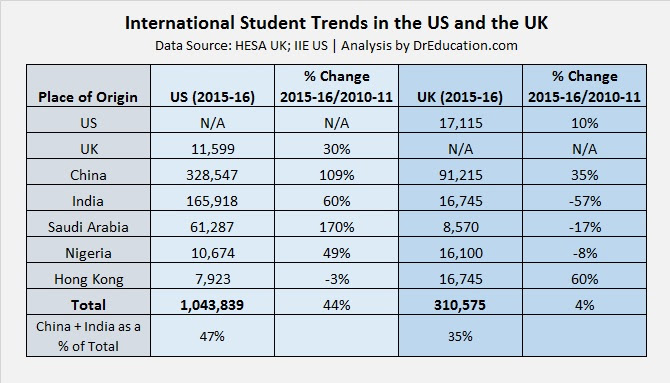Off the beaten pathway: why UK universities should open up to more partnerships
“It may be that the rapid adoption of embedded pathways by UK universities is a case of hungry institutions in an international restaurant ordering the only menu item they understand, as opposed to the best dish”
University pathway programmes for international students have been the subject of much debate in recent years. The UK pathway market is flourishing, but universities should consider they’re limiting their options with a single partner, argue Prateek Aneja and Ryan Craig, vice president and managing director at University Ventures.
One of the most remarkable developments in UK higher education over the past decade has been the rapid adoption of embedded pathway programmes by universities. Embedded pathways serve international students through Foundation Year programmes – including EFL training and development of general academic preparedness – that are located on or adjacent to campus, are operated by commercial providers, and guarantee progression to students who achieve at the requisite levels.
Read More
